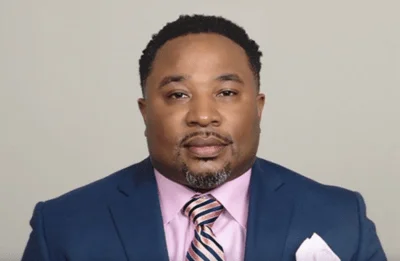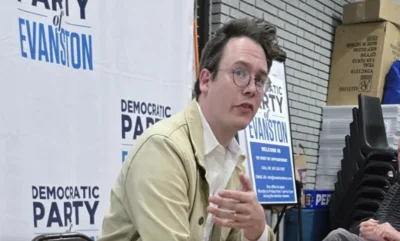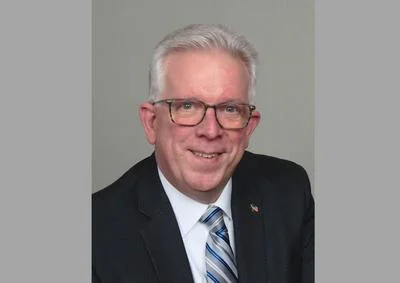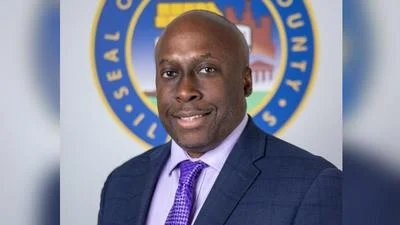Copeland finds success as coach after injury derails his playing days
Copeland finds success as coach after injury derails his playing days
Ryan Copeland, of Des Plaines, Illinois, always wanted a career in baseball.
The former all-state pitcher for Elk Grove High School went on to college at Illinois State University (ISU) with the goal of living his dream of one day playing in the major leagues.
The left-handed thrower was dominant for the Redbirds, starting games and lettering in all four seasons at ISU, grabbing two All-Missouri Valley Conference recognitions and completing his college career as the all-time leader in innings pitched for the Redbirds. His success at ISU set him up for a shot at the bigs.
"Coming out of college, like a lot of college baseball players, my dream was to be drafted and get a shot to pitch in the major leagues some day," Copeland recently told North Cook News.
For a while, it seemed as though Copeland would get that shot. He was drafted in round 32 of the 2010 Major League Baseball draft by the St. Louis Cardinals organization and spent three successful seasons in the team's minor league system.
He was the Appalachian League 2010 pitcher of the year and was also named a postseason all-star along with an MLB St. Louis Cardinals Organization all-star. He even went on to be named the St. Louis Cardinals Minor League pitcher of the month in 2011. The sky looked to be the limit.
Then, suddenly, in the spring of 2012, Copeland's path changed.
"In spring training 2012, I was diagnosed with thoracic outlet syndrome, and that is a position in which you become very vulnerable to blood clots," Copeland said. "I actually had a blood clot. I was basically in and out of hospitals, and decided to have a couple surgeries to fix the anatomical issue, and that ended my career."
Following the abrupt end of his playing days, Copeland still had a plan in place to make baseball a part of his life in the long term. If he couldn't play, he would do the next best thing: coach.
"The back-up plan all along was to go into coaching," Copeland said. "I wasn't sure whether I wanted to go get my teaching certificate for high school, but I got into the college game as soon as I got released, and it was the next best thing to playing."
Copeland cut his early coaching chops at Oakton Community College before moving on to his alma mater, ISU. Coaching at ISU enabled him to do two things. First, he got to work for his old college coach. Second, after declaring early for the MLB draft before graduating, he got to return to school and earn his degree. ISU once again became a fantastic learning experience for Copeland and a springboard to greater things.
"It was a unique decision because I had played for Bo Durkac, and he was still the head coach at Illinois State when I was an assistant, so that was my connection there," he said. "I actually didn't have my degree, so I couldn't be hired as a full-time pitching coach. So I was the third assistant there. It was great being back there, and I got to learn under a really good baseball mind in Bo Durkac. That was kind of the plan all along, to get my degree, coach for a year, then move on somewhere as a full-time pitching coach."
That move to full-time pitching coach came with one of the nation's up-and-coming programs, the University of Illinois-Springfield (UIS). It also came with another opportunity that Copeland would come to cherish -- recruiting.
"I love recruiting," he said. "I love just being around college athletes, and I get to live on a college campus. I like recruiting because it's always different. Every relationship that you have with a kid is going to be different than another one. That's the name of the game in college athletics. It doesn't matter how good of a coach you are, it doesn't matter how good your facilities are, if you don't have good players in your program, you're not going to win. Talent wins, and at the end of the day, players play and coaches coach. I've never gotten away from that mindset. You got to have good players coming in."
It is Copeland's belief in and eye for talent that helped the Prairie Stars to one of their most successful seasons in team history. The squad finished 28-23 and qualified for the Great Lakes Valley Conference (GLVC) tournament. To top it off, the pitching staff, Copeland's forte, excelled.
UIS pitchers were first in the GLVC in strikeouts, first in hits allowed, first in opponent's batting average and were in the top five in ERA. Three players on this year's staff under Copeland's tutelage have gone on to snag professional contracts, quite an achievement for such a surprisingly young program.
"We're still a young program," Copeland said. "The program is only six years old. This will be coach (Chris) Ramirez's fourth year. We're young, but we have a lot of good things going on here. We're looking to improve and we have some momentum. We have some really good players here, and the facilities are being upgraded in October, so we're excited."
Keeping that momentum rolling is one of Copeland's main tasks moving forward, and though he recognizes his job isn't exactly an easy one, by continuing to focus on the student athletes he brings into the UIS program and continuing to work in tandem with a tight-knit coaching staff, the sky is the limit for this program.
"You don't realize how much goes into college coaching until you become a college coach at a high level," he said. "Recruiting never stops. You can be in the office in the summer from 9 to 5, but that doesn't mean that your job is done. I never would have imagined how much time you spend recruiting in college baseball, plus the administrative stuff. But we have a four-man staff, and we know our responsibilities. We have a nice system in place, we make it work, and try to become a well-oiled machine. At the end of the day, it's just about winning baseball games -- and, in that regard, the coaching staff and the players are all on the same page."
Copeland does occasionally miss his playing days. After all, he did spend time alongside St. Louis Cardinals major leaguers Kevin Siegrist, Trevor Rosenthal and the late Oscar Taveras. Ultimately, however, he finds himself exactly where he thinks he should be -- happy with his career and involved with the game he's loved his entire life.
"I miss playing and I miss competing," he said. "I think I would miss it more if I wasn't involved with coaching; but because I am still around the game every single day, I don't think about it a whole lot. Once in a while, you do kind of get that itch, and you miss actually being out on the field. But you really miss the competition and the rivalries. I think that's what you miss the most. But I can still do some things with the guys out on the field, and I make sure I enjoy my time out there. I'm really happy with where I'm at, and it's great to work with the players every single day. It's a great job, and I couldn't imagine doing anything else."






 Alerts Sign-up
Alerts Sign-up